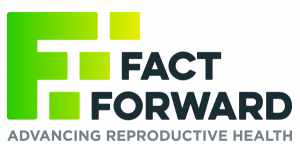Navigating the complexities of sexual health education policies can be challenging, but with EyesOpenIowa by your side, you don’t have to do it alone. Our experienced team is here to help you develop, refine, and implement policies that align with best practices, legal requirements, and the unique needs of your community.
Customized Policy Development
We work with you to create tailored policies that reflect your organization’s values and objectives. Whether you’re establishing new guidelines or updating existing ones, we ensure your policies are comprehensive, inclusive, and compliant with all relevant laws and regulations.
Alignment with Legal and Educational Standards
Our experts help you navigate state and federal mandates, ensuring your policies meet all legal requirements while supporting effective sexual health education. We provide clear, actionable guidance to keep your organization in full compliance.
Inclusive and Culturally Responsive Policies
We specialize in crafting policies that promote inclusivity and cultural responsiveness. Our team ensures your policies address the needs of all students, including those from diverse backgrounds and LGBTQ+ communities, fostering an environment of respect and equity.
Ongoing Support and Consultation
Policy development is an ongoing process, and we’re here to support you every step of the way. Our team offers continuous consultation and review services, helping you adapt to new challenges and opportunities as they arise.
Partner with EyesOpenIowa to create policies that not only meet legal standards but also empower your educators and students. Our customized, expert-driven approach ensures your policies are effective, inclusive, and sustainable.




